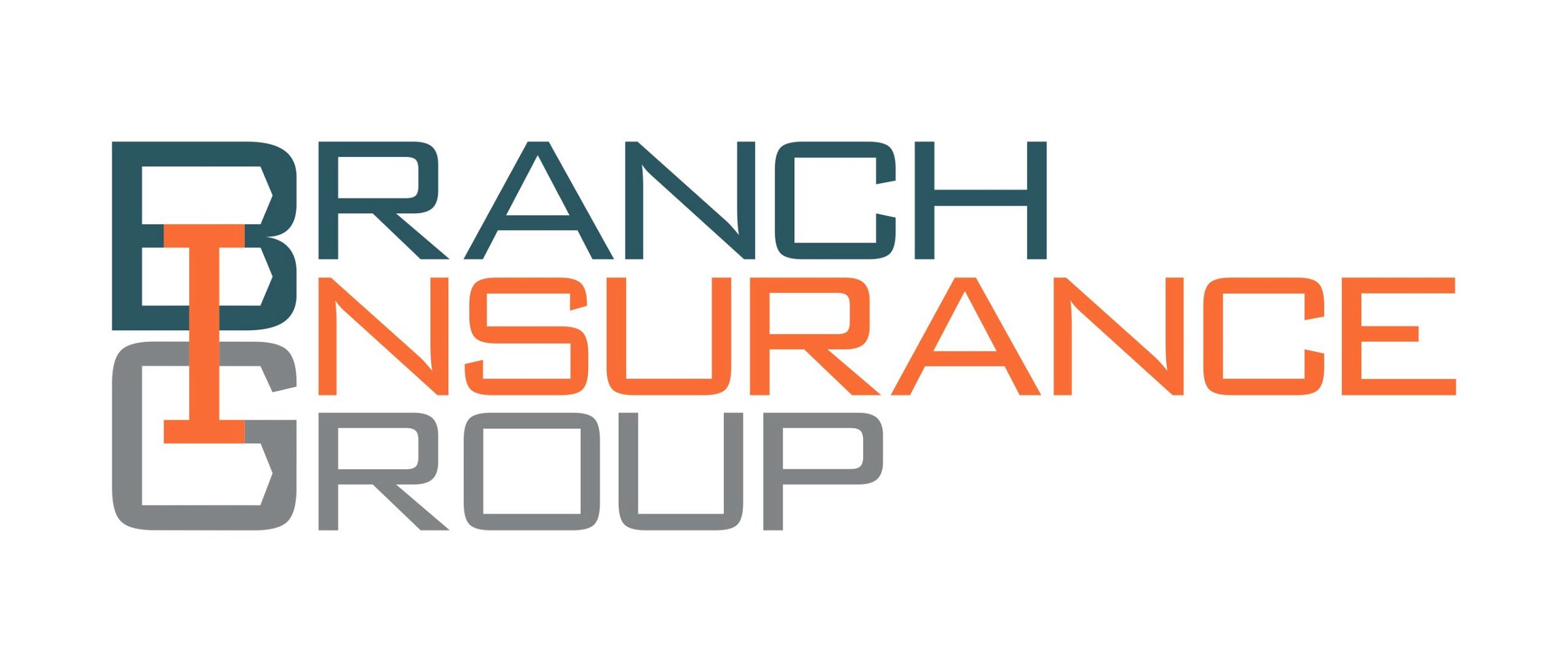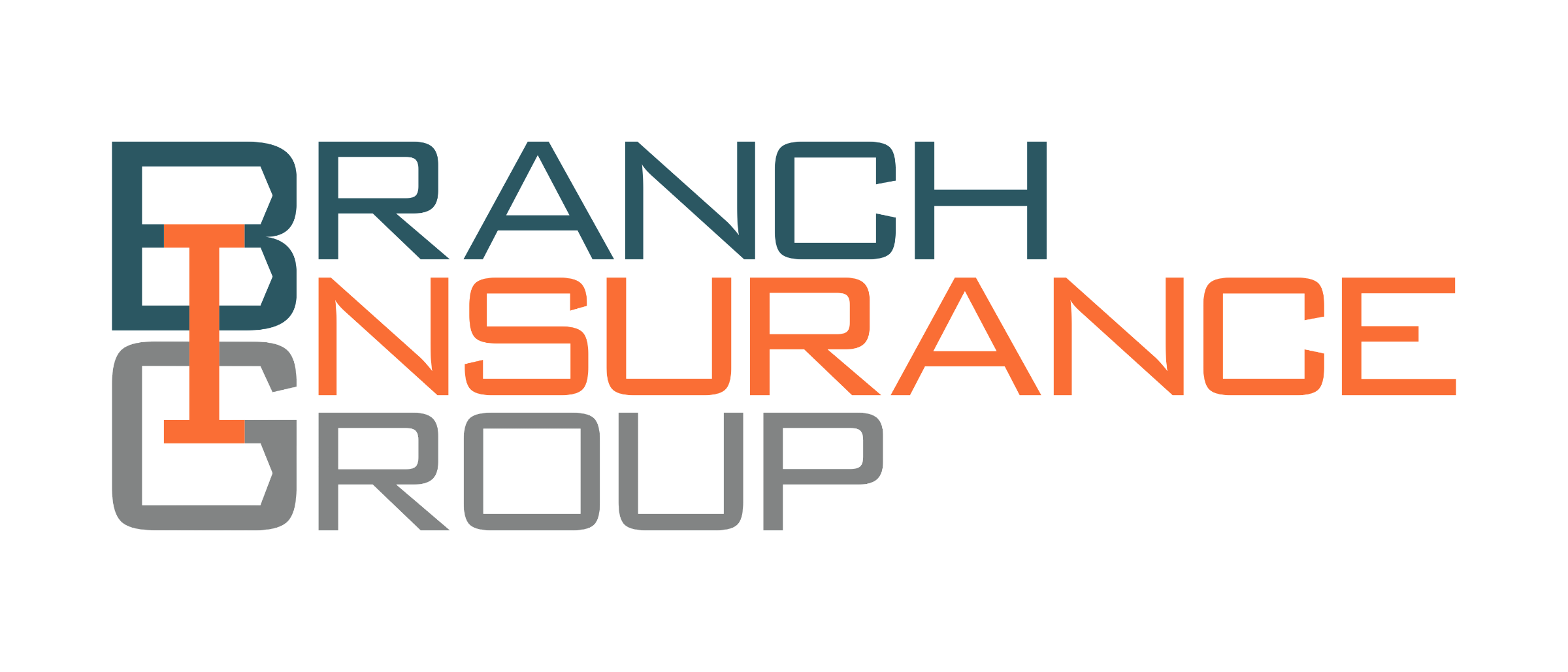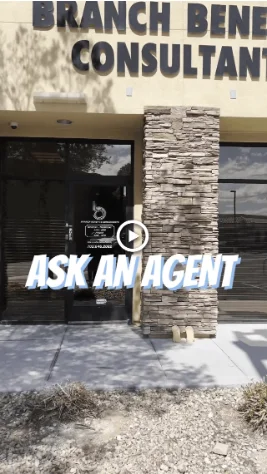Homeowners insurance is a critical safeguard that provides you with financial protection and peace of mind. However, determining how much you should pay for this essential coverage can take time and effort.
The cost of homeowners insurance can vary widely based on many factors, including location, the value of your home and belongings, coverage options, and your choice of insurance provider.
Let’s look at the intricacies of paying for homeowners insurance and focus on our service areas, Las Vegas and St. Louis, to help you better understand and manage this important expense.
The Importance of Homeowners Insurance
Before diving into the specifics of paying for homeowners insurance, it’s essential to grasp why this type of coverage is so crucial. Homeownership is a significant investment, and it’s likely your home is one of your most valuable assets.
The right insurance can protect against unexpected and potentially devastating events, such as natural disasters, theft, fire, and liability claims. Without adequate coverage, you could find yourself facing serious financial issues.
Factors That Affect Insurance Premiums
Your location is one of the primary elements of your homeowners insurance premium. Different regions face varying levels of risk for certain hazards, which directly impacts insurance costs.
For instance, homeowners insurance in Las Vegas will more likely cover wildfires and heat-related damage, thanks to the city’s scorching summers and limited precipitation.
Meanwhile, homeowners insurance in St. Louis may be more focused on covering severe thunderstorms, tornadoes, and flooding. As a result, people in these cities can expect different premium rates for their coverage.
Other factors that can influence your homeowners insurance premium in any part of the country include:
- Home Value: The more expensive your home is, the higher your insurance premium will likely be. This is because it costs more to repair or replace a high-value property.
- Coverage Options: The extent of coverage you choose significantly affects your premium. Basic policies cover essential risks, while comprehensive coverage includes more extensive protections like flood or earthquake insurance.
- Claim History: If you’ve made multiple claims in the past, insurance companies may consider you at higher risk and charge a higher premium.
- Home Features: Your home’s age and construction materials, as well as safety features like alarm systems and sprinklers, can also affect your premium.
Understanding Coverage Options
Homeowners insurance policies come in many forms, and understanding these options is crucial when assessing your costs. The most common types include:
HO-3 Policy
This is the most popular and comprehensive form of homeowners insurance. It covers your home’s structure and personal belongings against a wide range of perils, except for those specifically excluded.
HO-2 Policy
A more limited type of policy that covers your home and belongings against a specified list of dangers. It’s less expensive but also provides less coverage in return.
Additional Coverage
Depending on your location, you may need additional policies, such as flood or earthquake insurance, to better protect your home from more regional natural disasters.
Determining the Value of Your Home and Belongings
To calculate the appropriate coverage and estimate your premium, you’ll need to determine the value of your home and belongings. Consider getting a professional appraisal to assess your home’s replacement cost accurately.
It would help if you also inventoried your personal belongings and their estimated values. This will decide just how much personal property coverage you need.
Researching and Comparing Insurance Providers
Shopping around for homeowners insurance is essential to finding the best rate. Since different insurance companies offer varying rates and discounts, obtaining quotes from multiple providers is a smart choice.
When evaluating insurers, be sure to compare their coverage options, deductibles, and customer reviews. You should also investigate scores from top credit rating agencies like A.M. Best, Moody’s, J.D. Power, and Standard & Poor’s.
Tips for Lowering Insurance Premiums
While homeowners insurance is essential, there are strategies to reduce your premium without sacrificing coverage. Here are some ways you can lower the premium and save money.
Bundling Policies
Consider bundling your homeowners insurance with auto or other policies to receive a multi-policy discount. There are many companies that offer discounts on these bundles.
Home Improvements
Updating your home’s safety features, such as installing security systems or reinforcing the roof, can even lower your premiums.
Higher Deductibles
Opting for a higher deductible will lower your premium, but be prepared to pay more out of pocket in case of a claim.
Discounts
Inquire about available discounts, such as those for home security systems, non-smokers, or retirees.
The Role of Deductibles
Deductibles are what you must pay out of pocket before your insurance coverage kicks in, so choosing the right one is essential. A higher deductible will lower your premium, but you’ll have to cover more costs if you file a claim.
Conversely, a lower deductible results in a higher premium, but this also means less expense in case of a claim. Assess your financial situation and risk tolerance when deciding on a deductible.
Common Misconceptions About Pricing
There are many common misconceptions about what you should be paying for homeowners insurance, so let’s take a closer look and dispel some of these.
- Market Value vs. Replacement Cost: Homeowners often confuse their home’s market value with its replacement cost. Insurance should cover the latter — the cost of rebuilding your home from scratch.
- Coverage for Land: Homeowners insurance doesn’t cover the value of your land, only the structure and belongings on it.
- One-Size-Fits-All Premiums: Premiums are highly individualized and depend on numerous factors, so what your neighbor pays may not be the same as your premium.
Receive Guidance and Advice from Professionals
When navigating the complexities of homeowners insurance costs, it’s best to speak with insurance professionals. These agents and brokers can help you understand your coverage needs, find appropriate policies, and identify potential discounts you might be eligible for.
Determining how much you should pay for homeowners insurance involves considering many factors, including your location, coverage options, deductibles, and the value of your home and belongings.
By doing your research, comparing insurance providers, and seeking professional advice, you can strike a balance between adequate coverage and manageable premiums.
Remember that homeowners insurance is an investment in your financial security and peace of mind, so make sure you’re working with the right people. Branch Insurance Group is here to walk you through this process and help you find coverage that fits your needs.
Get a quote now to see how we can provide your Las Vegas or St. Louis home with the right insurance policy.










